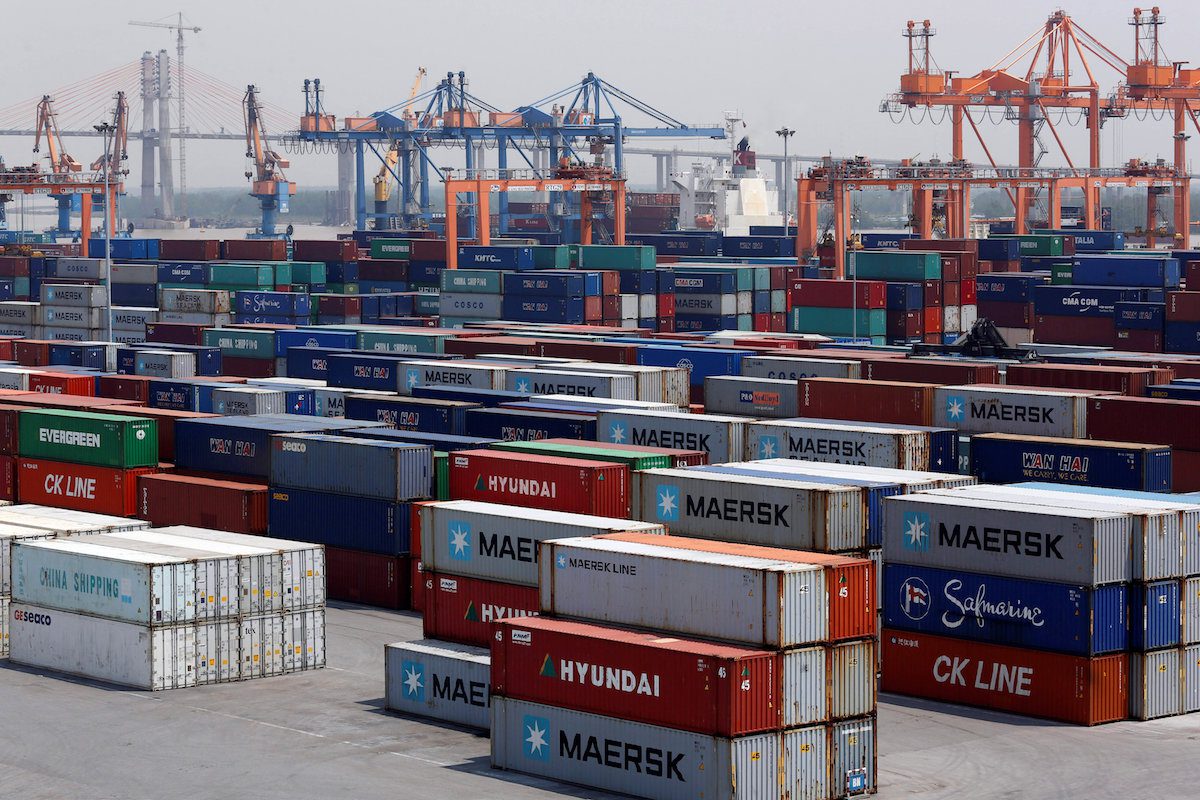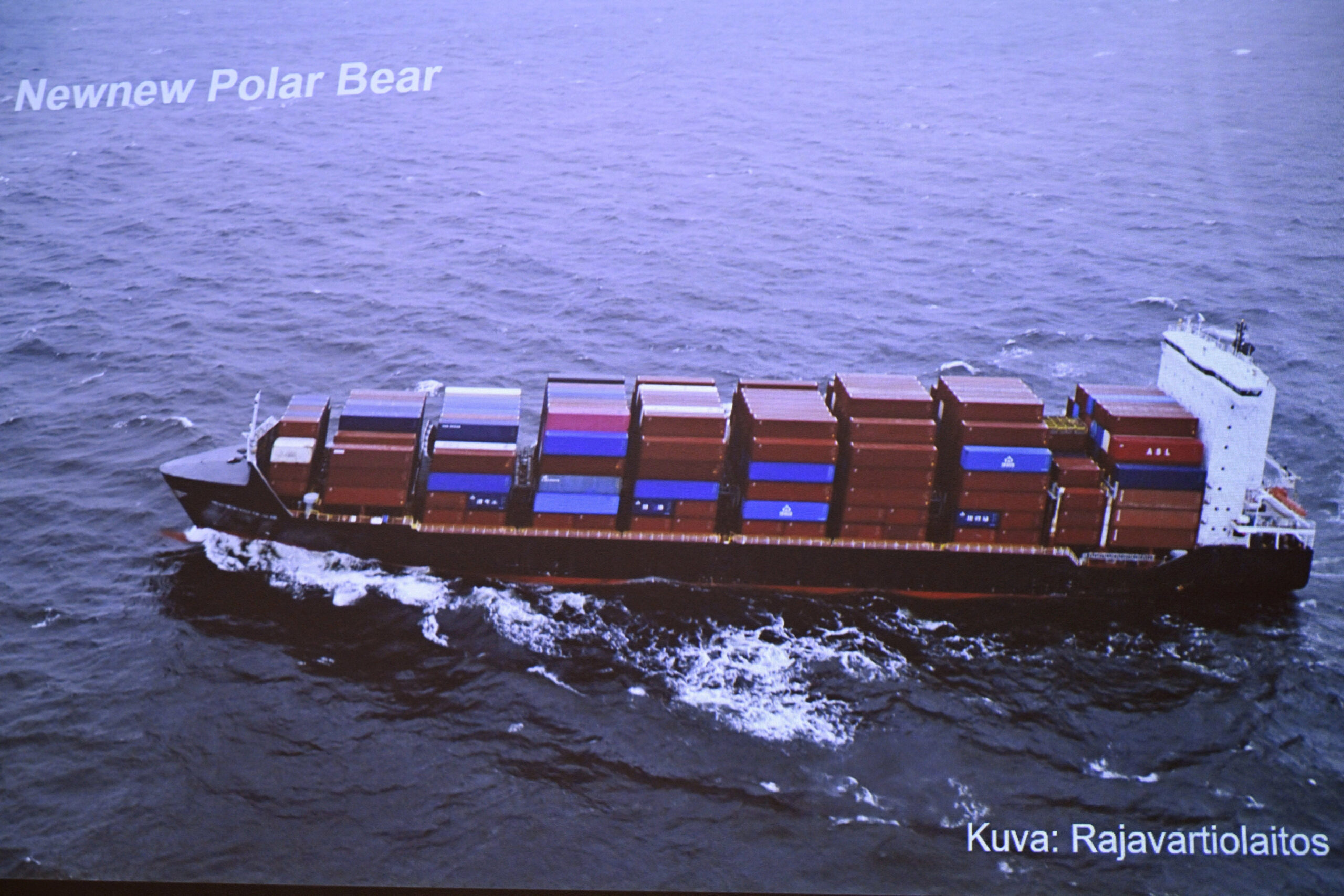America’s “blue economy” took a hit from the COVID-19 pandemic, but still contributed $361 billion to the nation’s gross domestic product in 2020.
This is according to the most current results of the annual Marine Economy Satellite Account released Thursday NOAA and the Bureau of Economic Analysis (BEA), both of which fall withing the Department of Commerce.
The new numbers, reflecting the first year of the coronavirus pandemic, represent a 5.8% or $23 billion reduction in real terms (adjusted for inflation) from 2019, outpacing the general economy’s decline of 3.4%. But even despite the 2020 downturn, the numbers show that the blue economy, aka marine economy, continues play a vital role in the nation’s overall prosperity.
“From shipping and maritime commerce to travel and tourism, the health of the marine economy touches the lives of every American,” said Secretary of Commerce Gina M. Raimondo. “Supporting the maritime economy while also addressing the climate crisis is an essential and existential component of the Commerce Department’s work to create the conditions for economic growth and opportunity.”
NOAA and BEA began publishing the estimate on the value of the nation’s marine economy, in terms of contribution to the gross domestic product, in 2020 (the first year analyzed being 2018). The estimate seeks to put a value on the domestic “blue economy” from sectors such as commercial fishing, ship and boat building, ports, offshore oil and gas, tourism and recreational fishing, and others dependent on the oceans and Great Lakes.
For the statistics, experts from NOAA and BEA described 10 sectors representing businesses dependent on the nation’s ocean, coasts and Great Lakes between the years 2014 and 2020. Businesses included in the report generated a total of $610 billion in sales and supported 2.2 million jobs in 2020.
The 10 sectors ranked by their sales (adjusted for inflation) are:
- Coastal tourism and recreation ($191 billion in 2020, with a 20% decline from 2019)
- National defense and public administration ($187 billion in 2020, with a 5.5% growth from 2019)
- Offshore minerals ($97 billion in 2020, with a 12% decline from 2019)
- Marine transportation ($54 billion in 2020, with a 16% decline from 2019)
- Living resources, such as fisheries and other biological products ($27 billion in 2020, with a 4.1% growth from 2019)
- Ship and Boat Building ($16 billion in 2020, with a 0.9% decline from 2019)
- Coastal Utilities ($15 billion in 2020, with a 1.6% decline from 2019)
- Research and Education ($11 billion in 2020, with a 9.8% growth from 2019)
- Marine Construction ($7 billion in 2020, with a 0.6% decline from 2019)
- Professional and technical services ($6 billion in 2020, with a 2.1% decline from 2019)
“These numbers are stark proof of just how tied the blue economy is to the prosperity of the rest of our nation,” said Nicole LeBoeuf, director of NOAA’s National Ocean Service. “What happens in this sector has ripple effects through the entire nation, which relies on America’s blue economy as a driver of jobs, innovation and economic growth.”
“Of particular note, the marine-based pharmacy industry, one of the components of the Living Resources sector, had an increase of almost 50% in sales, due to the approval of new marine-based drugs for cancer treatment,” said Dr. Monica Grasso, NOAA Chief Economist. “Such gains can contribute to President Biden’s Cancer Moonshot initiative to reignite progress in cancer research and treatments.”
“President Biden infused infrastructure funding into this sector precisely because of the marine economy’s immense value and potential for strengthening our nation,” said Jane Lubchenco, Ph.D., White House Office of Science and Technology Policy deputy director for climate and environment. “The health of the ocean economy depends on the health of the ocean. President Biden has asked us to include natural capital in our evaluation of the ocean’s contribution to the economy, and to take actions to combat the climate crisis, conserve our ocean and protect our coastal communities.”

 Join The Club
Join The Club











